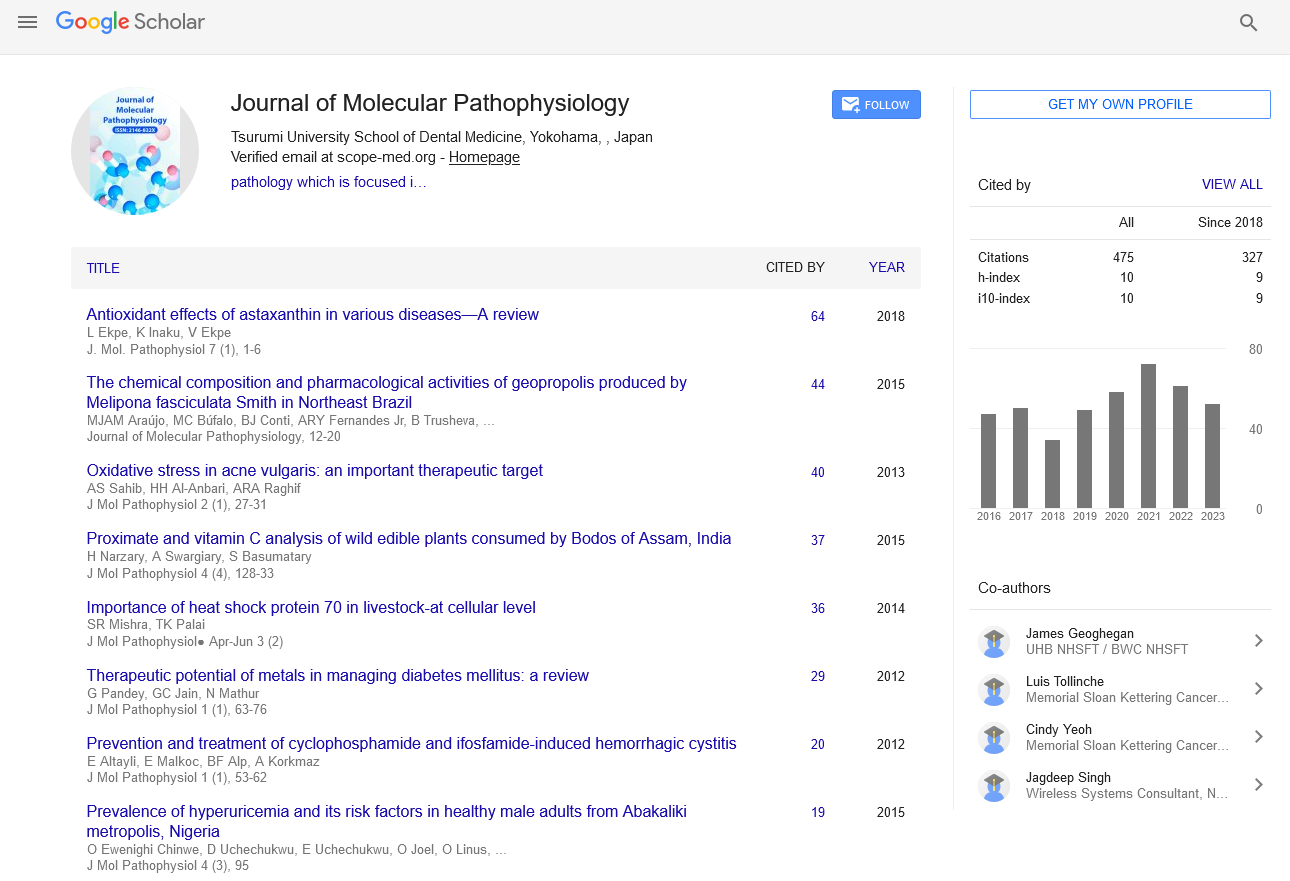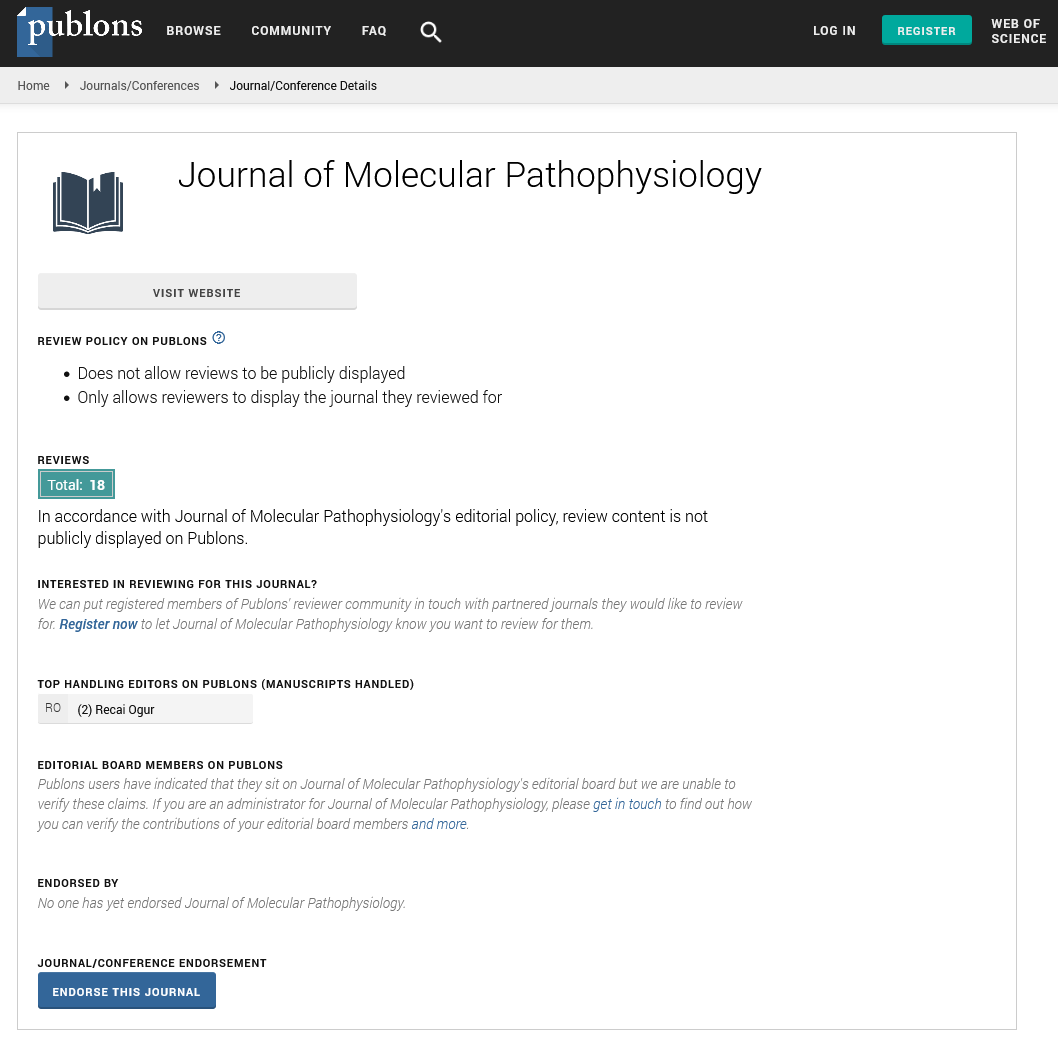Potential microRNA Biomarker Panel for Predicting Evolution of Pancreatitis to Pancreatic Ductal Adenocarcinoma
Abstract
Mira Nuthakki*, Vivian Utti and Serena McCalla
Purpose: Pancreatitis is one of the most important risk factors for Pancreatic Ductal Adeno Carcinoma (PDAC). PDAC is a silent, aggressive malignancy that has less than 5% survival rate at 5 years. Detection at early stage and resection of PDAC significantly improves survival. A differentially expressed microRNA panel was sought that could predict the risk of progression to PDAC from pancreatitis.
Methods: Differentially Expressed microRNA (DEM) in serum that was common between pancreatitis and PDAC were extracted from two microarray Genomic Spatial Event (GSE) datasets containing pancreatitis, PDAC, and control samples. Eight groups of DEM were derived from multiple bioinformatics methods such as differential expression, miRNA interaction networks, target gene prediction tools, functional enrichment analysis, and machine learning models. The functional enrichment pathway of these groups was identified.
Results: These groups were trained on the original datasets and were used to predict pancreatic cancer in a validation set consisting of six other GSE datasets containing pancreatic cancer and controls. The miRNA panel with the highest precision and recall was the group derived from the target hub genes with the highest interaction (hsa-miR-28-3p, 320b, 320c, 320d, 532-5p, and 423-5p, with a mean F1 of 0.968, mean recall of 0.99, mean precision of 0.947, and mean AUC of 0.995).
Conclusion: These results provide a potential biomarker to identify and follow individuals at high risk for pancreatic cancer after pancreatitis.
HTML PDF






